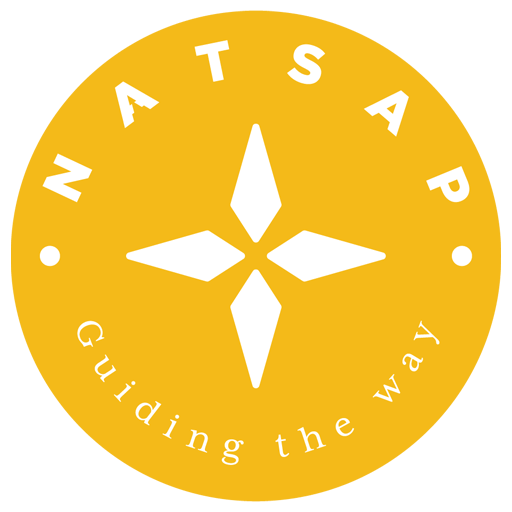From Awareness to Action: The Role of the Sober-Curious Phenomenon in Youth Treatment
The "sober-curious" movement and trends like “Dry January” and “Sober October” are shifting the conversation around alcohol consumption among young adults, offering an opportunity for self-reflection and health-focused decisions. As an association dedicated to the mental health and well-being of youth, NATSAP recognizes the relevance of this movement in the field of therapeutic programs and treatment centers. Many member programs work with young people at risk for substance use disorders, and the growing awareness of mindful drinking, sobriety challenges, and temporary abstinence is a crucial step toward positive behavioral change.
For NATSAP members, the insights from the recent study supported by the National Institute on Alcohol Abuse and Alcoholism (NIAAA) highlight how young adults engaged in the sober-curious movement or temporary alcohol abstinence challenges (TAACs) report greater readiness to reduce or stop drinking. This readiness mirrors the goals of many therapeutic interventions, encouraging individuals to explore their relationship with substances and develop healthier coping mechanisms. Moreover, the shared focus on well-being and self-awareness in these movements aligns closely with evidence-based approaches like motivational interviewing, often used in residential and outpatient treatment settings.
The rise of these movements offers a powerful tool to destigmatize non-drinking in social settings—a critical cultural shift that benefits individuals served by NATSAP member programs. Social pressures around alcohol use remain a significant challenge for young people, especially those in recovery. As this shift gains traction, it could lead to a more supportive environment for individuals navigating substance use issues, whether through formal treatment or by exploring healthier lifestyle choices.
As the sober-curious trend gains momentum, it is essential for therapeutic programs to recognize and incorporate these cultural changes into work with young people. Encouraging participation in initiatives like TAACs, while also providing access to evidence-based treatment, can empower young adults to make informed decisions about health. NATSAP remains committed to staying informed about these trends and ensuring that member programs are equipped to help youth and families make lasting, positive changes.
